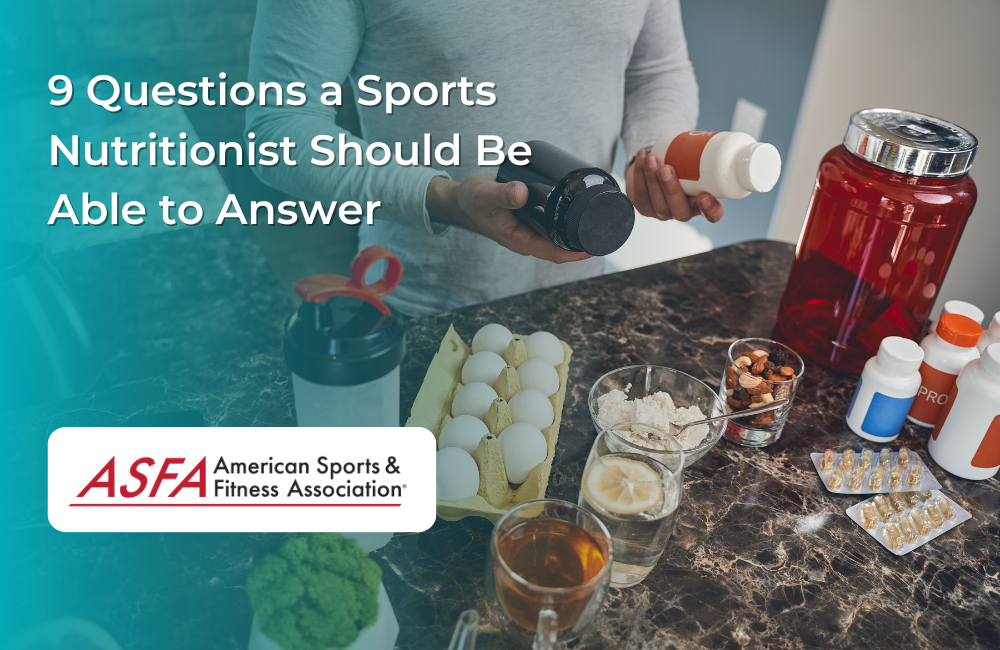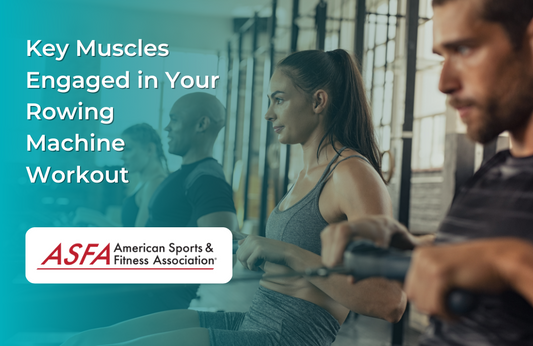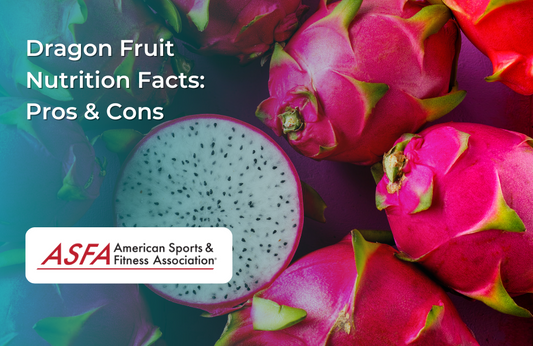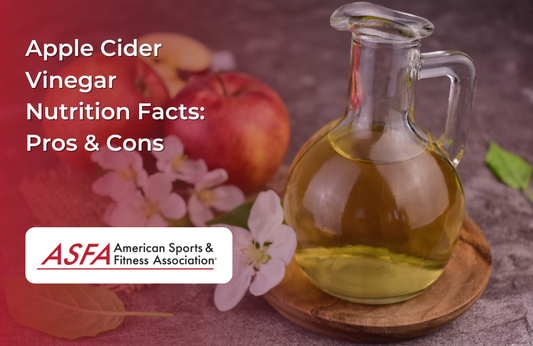What are the best foods for recovery and how much should I eat?
In order for your body to recover after a workout, you need to eat nutritious foods. Recovery foods should be nutrient-dense, easy to digest and contain antioxidants. They should also be low in fat, sodium and cholesterol as well as having plenty of fiber.
How can I reduce inflammation, soreness and muscle fatigue?
If you're feeling sore, try using a foam roller to massage the affected area. The foam roller will help break up adhesions in your muscle and fascia, which can reduce inflammation and increase flexibility. You can also use a lacrosse ball or tennis ball to roll out tight areas on your body--just make sure not to press too hard!
If you have an injury or pain that won't go away, talk with your doctor about getting acupuncture treatments or massages from a licensed massage therapist. These options may help relieve some of the discomfort associated with an injury so that it doesn't keep interfering with your workouts or other activities throughout the day.
If all else fails, take some time off from training until things feel better again (and then start over once they do). This is especially important if what's causing soreness is being overworked; in these cases, rest days are essential for recovery!
Are there any vitamins or supplements that I should be taking?
Vitamins and minerals are essential for the body to function properly. They help with everything from breaking down food into usable energy to maintaining organs like your heart, brain and muscles. You can find most of these nutrients in food--and it's best to get them there. While some people do need additional amounts of certain vitamins due to medical conditions or restricted diets (like those who follow vegan diets), most people don't need supplementation.
If you're already taking supplements, ask yourself what kind they are: Are they helping improve performance? Are they preventing injury? Is there any evidence behind them? If not, consider stopping immediately--or at least limiting how much money goes toward purchasing them each month until further research proves that they're worth the money spent.
Should I always follow a specific diet to fuel my performance?
The answer depends on the sport. If you are an endurance athlete, then yes. You need to fuel your body with enough calories and nutrients to maintain energy levels throughout a workout or competition. If you're not getting enough of those foods (carbs, protein and fat), then your performance will suffer as a result.
But if you're a sprinter or weightlifter--or any other type of athlete that doesn't require long periods of activity--the answer is no: Your nutrition needs don't change from one day to the next based on how much exercise you're doing in any given week or month; instead, focus on eating well-balanced meals at regular intervals throughout the day so that when it comes time for practice or competition days later down the road (and even beyond), there won't be any noticeable drop-off in performance due solely because "you didn't eat right."
The bottom line is that you need to fuel your body with enough calories and nutrients to maintain energy levels. If you're not getting enough of those foods (carbs, protein and fat), then your performance will suffer as a result.
How important is hydration?
Hydration is an essential part of health and fitness. The best way to hydrate is with water, but you should also make sure you're consuming plenty of other fluids as well. It's also important that you don't drink too much coffee, tea or alcohol because these beverages can cause dehydration.
Avoid drinking juice before or during exercise--the sugar content can cause stomach discomfort and bloating in some people. Instead of juice, opt for water-based sports drinks that provide electrolytes such as sodium chloride (salt) and potassium chloride.
Drinking enough water before starting your workout will help flush out toxins from your body while exercising will increase the amount lost through sweat so make sure you keep yourself well hydrated throughout both processes!
What's the difference between a balanced diet and a restricted diet?
A balanced diet is one that contains the right amount of nutrients without being too high in any particular food group. A restricted diet, on the other hand, limits the intake of certain foods or nutrients but may not provide enough energy or micronutrients to keep you healthy. While a balanced diet is usually considered healthy and sustainable over time (meaning it can be maintained indefinitely), a restricted diet may be unhealthy and unsustainable as it tends to focus on short-term goals rather than long-term health benefits.
A balanced approach should include:
- A variety of fruits, vegetables, whole grains (such as oats), legumes (such as beans), lean proteins such as eggs and fish/seafood.
- Dairy products like milk or yogurt if tolerated well by your body type.
- A moderate amount of oils and fats like olive oil, canola oil and butter.
How do my training goals affect the type of food I eat?
The foods you eat should be specific to your goals, current fitness level and time of day. As a general rule:
- If you're trying to lose weight or gain muscle, the type of food will change depending on what stage of the process you're at. For example, during cutting phases where fat loss is desired it's important to increase protein intake by eating leaner meats like chicken breast or fish instead of red meat (which has more saturated fat). Protein will also help repair muscles after a workout so that they can grow stronger faster!
- If you're an athlete looking for energy during training sessions then carbohydrates are key since they provide fuel for working muscles - think pasta dishes like spaghetti with tomato sauce mixed with vegetables such as broccoli florets or green beans cooked in olive oil; brown rice mixed with nuts & seeds; oats cooked overnight then topped with berries & plain yogurt mixed together before serving cold for breakfast on those days when mornings seem too rushed - these options all contain complex carbs which digest slowly over time keeping blood sugar levels steady throughout morning hour workouts without causing stomach upset later in day due too much sugar intake earlier than needed.
Should I get a sports nutritionist to help me with my meal plans and nutrition schedule? Or will an online coach suffice?
If you are serious about your sport, then a sports nutritionist is definitely the way to go. An online coach can be helpful as well, but only if they have been trained and certified by an accredited institution.
If you want the best possible results from your training regime and diet plan, then it's worth it to invest in personal attention from a professional who has studied this area extensively. They will be able to offer advice based on their experience working with other athletes like yourself--and they might even have some unique insights based on their own experiences as a former athlete themselves!
Conclusion
A good sports nutritionist will be able to answer these questions and more. They should also be able to help you create a meal plan that fits into your lifestyle and goals, so that you can perform at your peak when it matters most.





